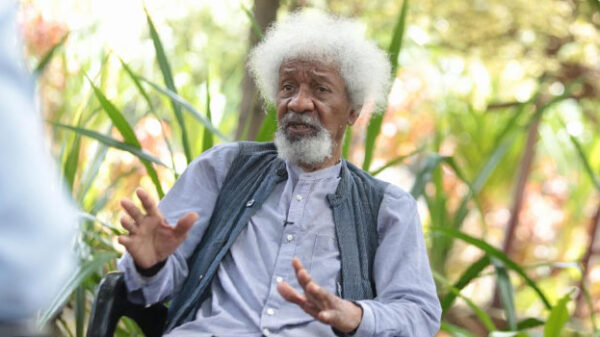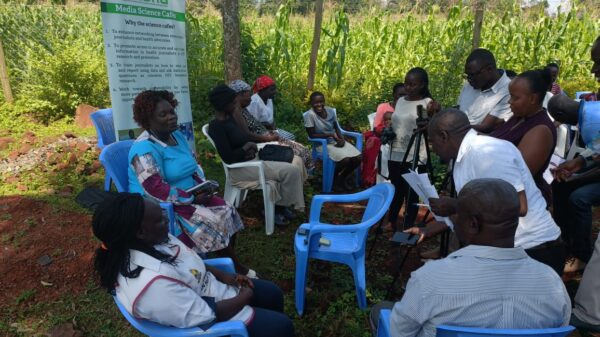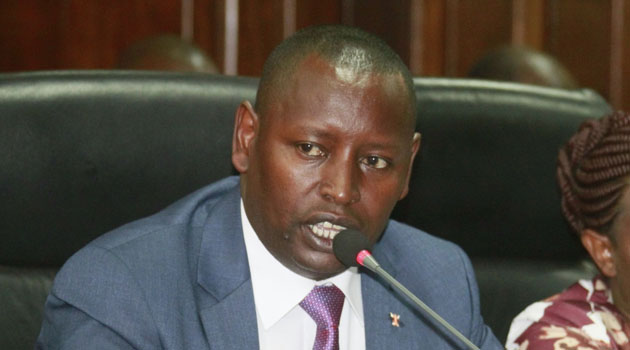NAIROBI, Kenya Jul 6 – The decision in the famous Muruatetu case did not outlaw the death penalty, which is still applicable as a discretionary maximum punishment, the Supreme Court has directed.
The re-constituted court in its inaugural sitting Tuesday reiterated that its decision in the case did not invalidate mandatory sentences or minimum sentences in the Penal Code, the Sexual Offences Act or any other statute.
“It should be apparent from the foregoing that Muruatetu cannot be the authority for stating that all provisions of the law prescribing mandatory or minimum sentences are inconsistent with the Constitution,” the orders read by Chief Justice Martha Koome directed.
The seven-judge bench comprising CJ Koome, Deputy CJ Philomena Mwilu, Mohammed Ibrahim, Smokin Wanjala, Njoki Ndung’u, Isaac Lenaola and William Ouko asserted that the decision of Muruatetu only applied to sentences of murder under Section 203 and 204 of the Penal Code.
The judges said the Judiciary Sentencing Policy Guidelines should be revised in tandem with the new jurisprudence enunciated in Muruatetu.
“All offenders who have been subject to the mandatory death penalty and desire to be heard on sentence will be entitled to re-sentencing hearing,” the apex court said.
The Supreme Court initially delivered a ruling in the case of Francis Karioko Muruatetu & Another –vs– the Republic & Others on December 14, 2017 in which it made a finding that the mandatory nature of the death sentence as provided for under Section 204 of the Penal Code, with respect to murder cases, was unconstitutional.
The court directed the Attorney General, the Director of Public Prosecutions and other relevant agencies to develop a framework for dealing with the re-sentencing hearings of similar cases within 12 months of the Supreme Court’s decision.
Before the Taskforce to implement the decision could finalise its work for consideration by the Supreme Court, courts below embarked on the interpretation of the Supreme Court’s decision leading to inconsistency, confusion, and lack of uniformity in the country’s sentencing practice.
Some of the resultant approaches adopted by courts included adoption of the judicial approach that all provisions of the law prescribing mandatory or minimum sentences are inconsistent with the Constitution.
Appellants whose sentences were confirmed by the High Court and the Court of Appeal have also returned to magistrates’ courts, where, without reference to the decisions of the two superior courts, have had those sentences revised.
The magistrate’s courts have in some instances,entertained applications for re-sentencing in murder cases, without jurisdiction.
Some appellants whose appeals under various statutes prescribing mandatory or minimum sentences, that are pending in the High Court or Court of Appeal, have also had their sentences revised by the magistrate’s courts without disclosing the fact that pending appeals exist in Superior Courts.
The Supreme Court has directed that in respect of other capital offences such as treason, robbery with violence and attempted robbery with violence that a challenge on the constitutional validity of the mandatory death penalty should be properly filed, presented, and argued before the High Court or escalated to the Court of Appeal, if necessary, at which a similar outcome as that in the Muruatetu case may be reached.
To guide the courts in their sentencing practice, the Supreme Court directed that the Judiciary Sentencing Policy Guidelines to be revised in tandem with the new jurisprudence enunciated in the Muruatetu case.
All offenders who have been subject to the mandatory death penalty will be entitled to re-sentencing hearing.
In the re-sentencing hearings, the courts will be required to record the prosecution’s and the appellant’s submissions as well as those of the victims before deciding on the suitable sentence.
Applications for re-sentencing arising from a trial before the High Court will only be entertained by the High Court, which has jurisdiction to do so and not subordinate courts.





















































